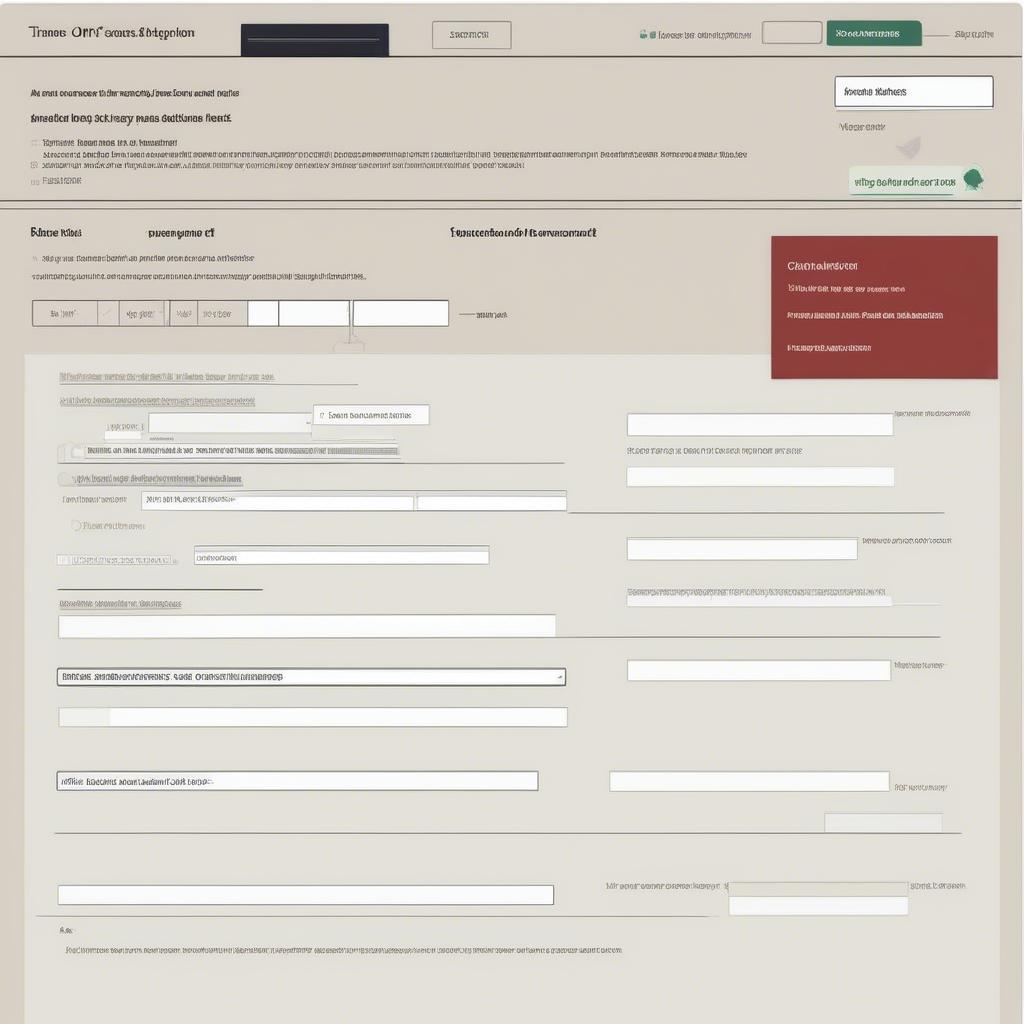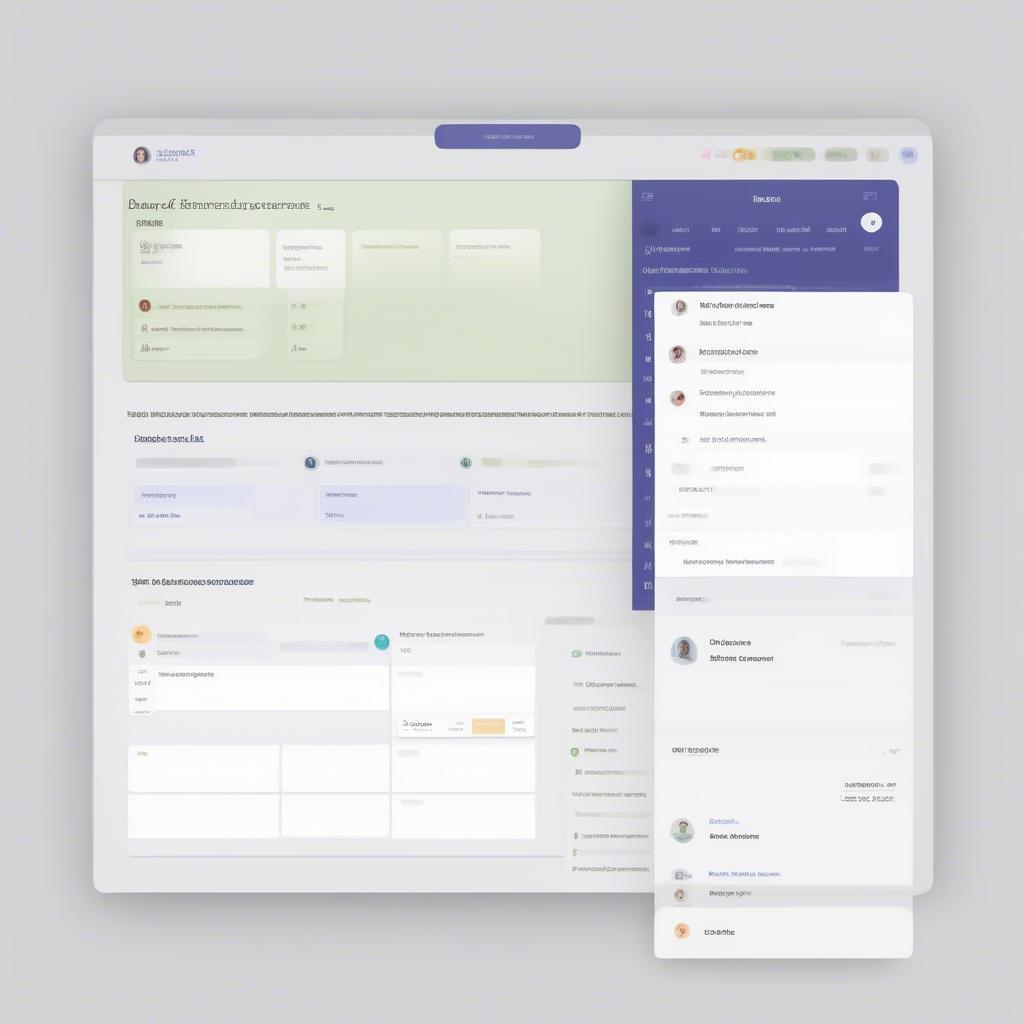Managing Time Off effectively is crucial for maintaining productivity, boosting employee morale, and ensuring smooth business operations. In today’s fast-paced work environment, having a clear and efficient system for handling time off requests is essential for any successful business. This comprehensive guide will delve into the best practices and strategies for managing time off requests, helping you streamline processes and create a positive work environment. employee time software
Why is Managing Time Off Important?
Effectively managing time off requests brings numerous benefits to your organization. A well-structured system ensures fairness and transparency, reducing potential conflicts and misunderstandings among employees. It also allows for better resource planning, enabling teams to anticipate absences and adjust workloads accordingly. Furthermore, a streamlined time-off management process contributes to increased employee satisfaction, fostering a more positive and productive work environment.
 Effective Time Off Management
Effective Time Off Management
Best Practices for Managing Time Off
Several key practices can help you optimize your time-off management process. Implementing a clear time-off policy, accessible to all employees, is the first step. This policy should outline the different types of time off available, eligibility criteria, request procedures, and approval workflows. Leveraging technology with a time-off management software can significantly streamline the process, automating tasks and reducing administrative burden. Regularly reviewing and updating your time-off policy is also essential to ensure it aligns with evolving business needs and legal requirements.
Simplifying Time Off Requests
Streamlining the request process is crucial for both employees and managers. A user-friendly online platform where employees can easily submit and track their time-off requests can significantly improve efficiency. This eliminates paper-based processes and reduces the risk of errors or miscommunication. Automated notifications and reminders can also help ensure timely approvals and keep everyone informed.
 Online Time Off Request Form
Online Time Off Request Form
Addressing Common Challenges in Managing Time Off
Managing time off can present certain challenges, such as handling overlapping requests, dealing with last-minute absences, or ensuring adequate coverage during peak periods. Open communication between employees and managers is crucial to address these challenges effectively. Establishing clear guidelines for prioritizing requests, implementing flexible work arrangements, and fostering a culture of collaboration can help mitigate these issues and ensure smooth business operations. What is a contingent worker, and how do they fit into your time-off management plan? what is a contingent worker Understanding the different types of employment classifications can greatly aid in managing time off requests fairly and effectively.
Utilizing Time Off Management Software
Time-off management software can revolutionize how businesses handle time-off requests. These tools offer numerous features, including automated approval workflows, absence tracking, reporting capabilities, and integration with payroll systems. By automating tedious administrative tasks, these software solutions free up valuable time for managers and HR personnel, allowing them to focus on strategic initiatives. part time jobs for full time employees
 Time Off Management Software Dashboard
Time Off Management Software Dashboard
Conclusion
Managing time off effectively is essential for any business seeking to optimize productivity, enhance employee morale, and maintain smooth operations. By implementing best practices, addressing common challenges, and leveraging technology, you can create a time-off management system that benefits both your employees and your organization. Mastering managing time off is a key step towards creating a positive and productive work environment. Considering the impact of gross and net calculations on employee pay during time off is crucial for accurate compensation. gross and net
FAQ
- What are the different types of time off?
- How can I create a fair and transparent time-off policy?
- What are the benefits of using time-off management software?
- How can I address overlapping time-off requests?
- What strategies can I use to ensure adequate coverage during peak periods?
- How can I promote a positive and supportive work environment when managing time off?
- How often should I review and update my time-off policy?


